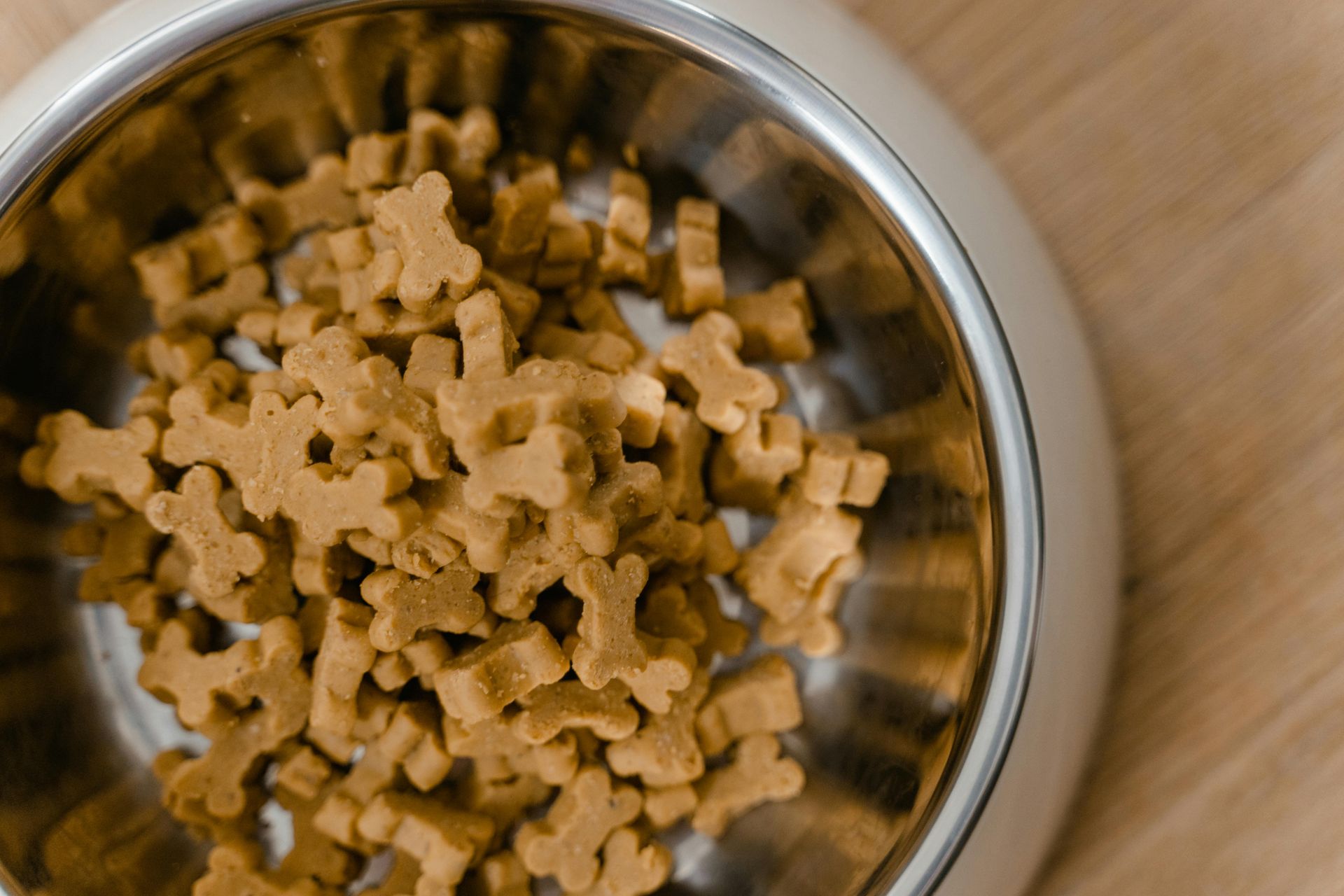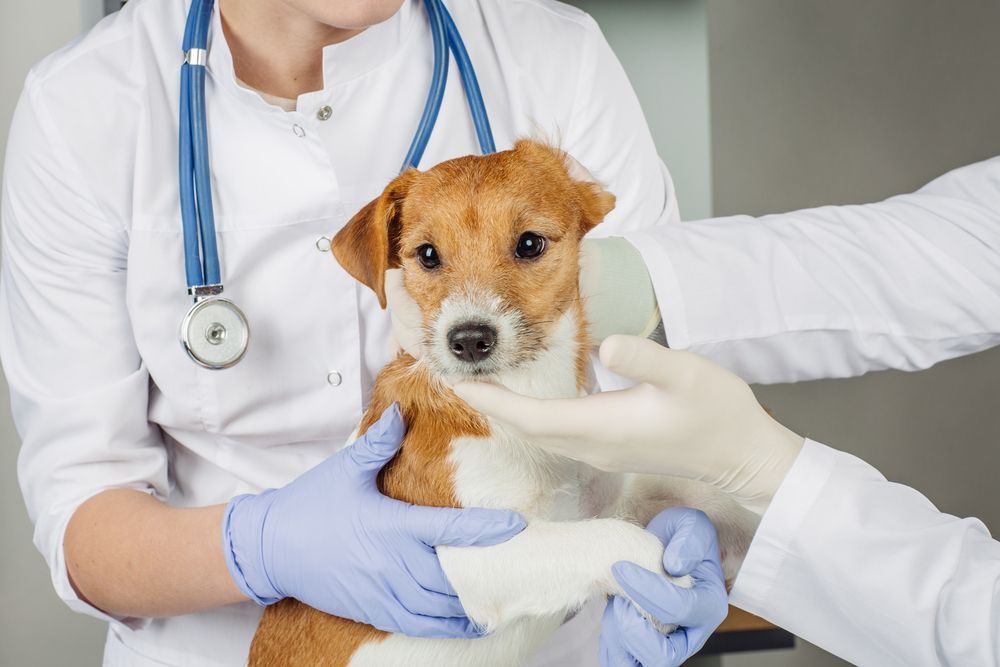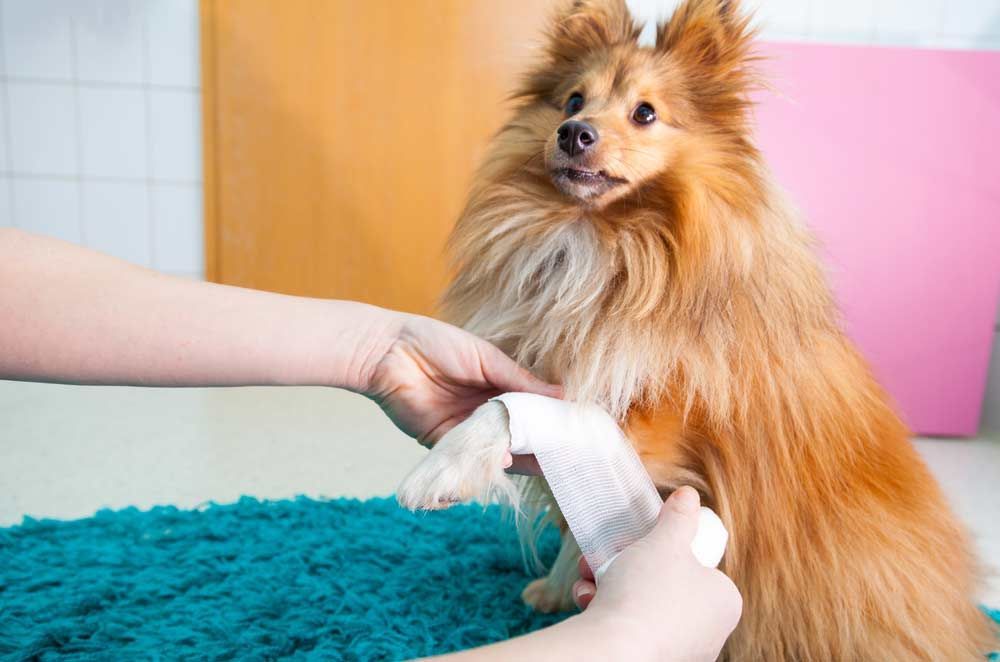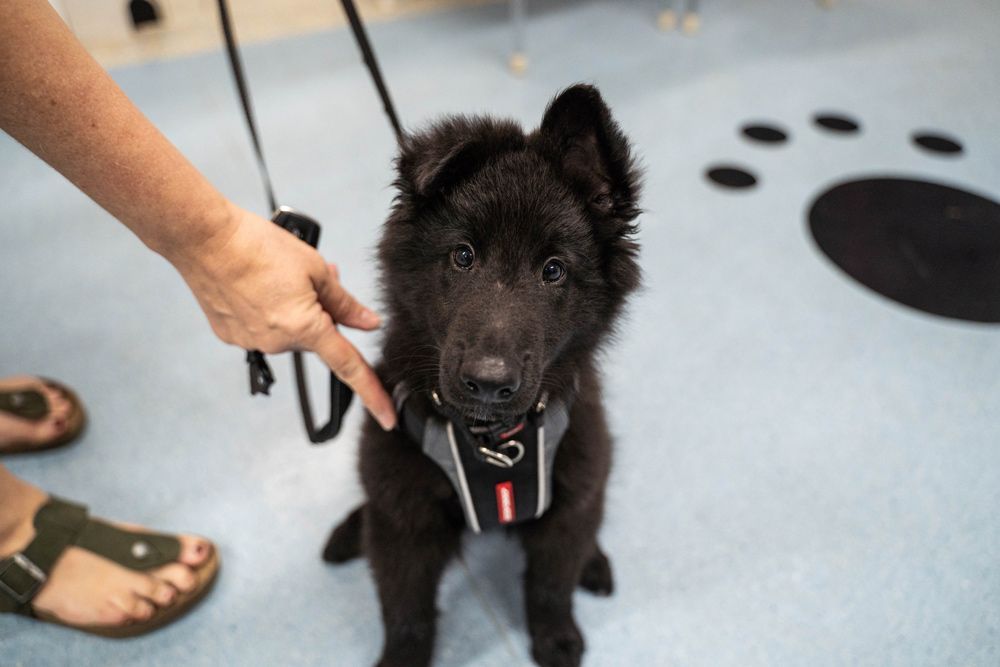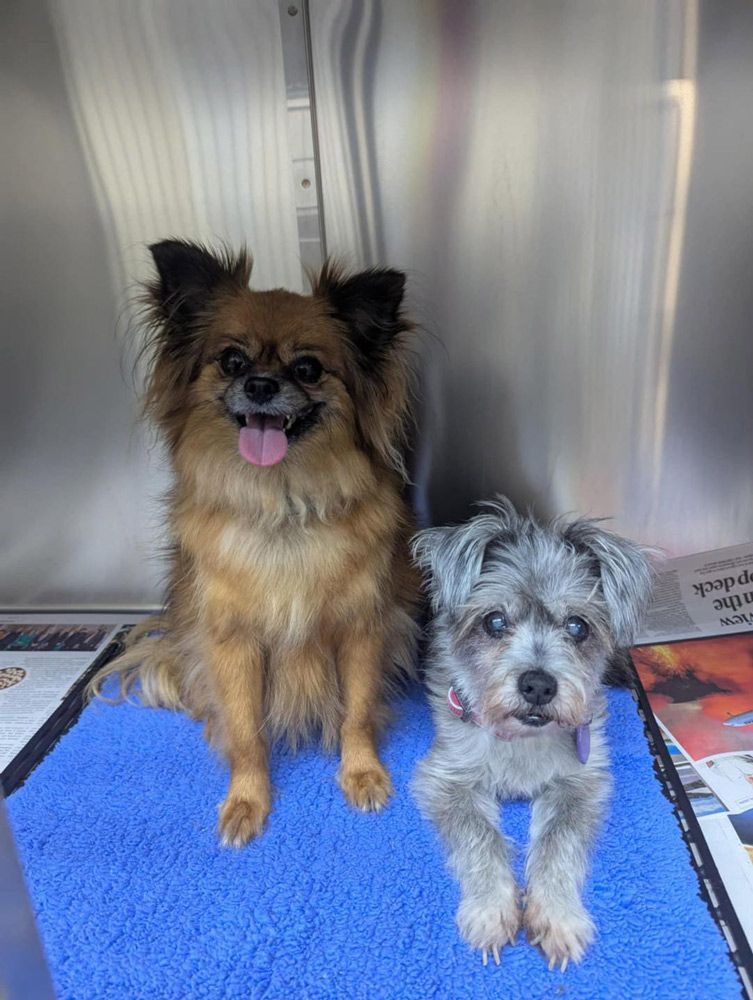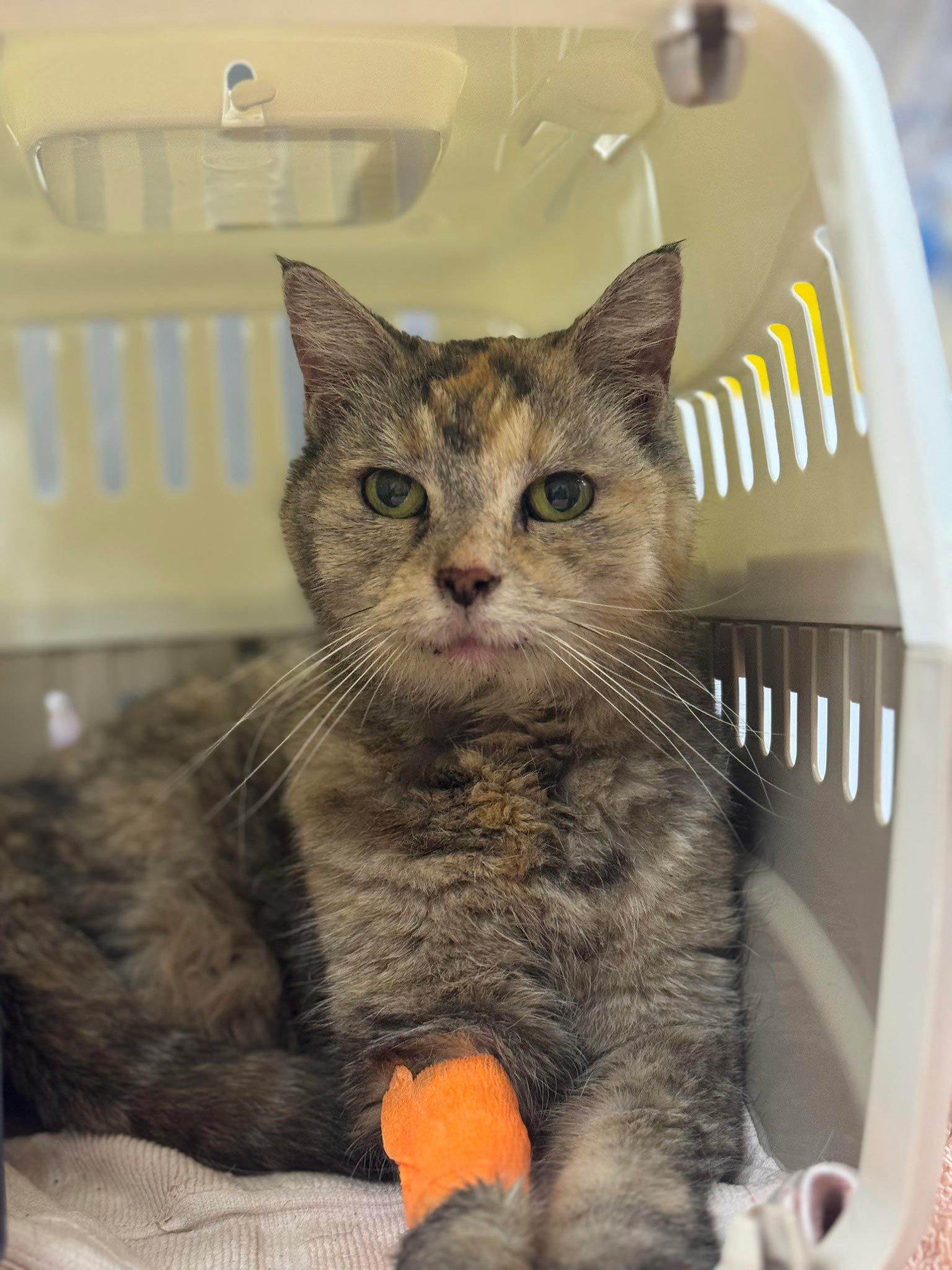8 Seasonal Illnesses Requiring Emergency Vets in Townsville
As the seasons shift across North Queensland, pet owners face a variety of health concerns that can escalate quickly if left unchecked. The region’s climate—marked by hot, humid summers and sudden storms—brings with it a surge in temperature-related conditions, allergies, and stress-induced complications that often catch pet owners off guard. While regular veterinary visits are important, there are situations where immediate after-hours care may be needed.
In this blog post, we explore common seasonal illnesses and the signs that may require urgent attention from an emergency vet. Knowing how pets respond to environmental changes can help you make timely decisions that support their well-being, whether it’s a scorching summer afternoon or a sudden electrical storm.
1. Heatstroke In Companion Animals During Queensland Summers
Heatstroke is critical during Townsville’s warmer months, especially when pets are left in hot environments without adequate airflow or water. Picture a dog returning from an afternoon walk—tongue lolling, body swaying, and struggling to lie down. These may not just be signs of tiredness.
Warning signs of heatstroke may include:
- Rapid panting and drooling
- Lethargy or collapse
- Bright red or pale gums
- Vomiting or diarrhoea
- Elevated body temperature
Pets with thick coats, flat faces, or limited mobility may be more affected. If symptoms appear suddenly or worsen, immediate cooling measures and emergency support may be warranted.
2. Dehydration & Electrolyte Imbalance In Active Pets
What happens when your dog won’t drink after a long play session on a humid evening? Dehydration can creep up quickly in hot, humid conditions and may lead to more serious complications if not addressed. It’s not always obvious, especially when pets don’t show clear behavioural changes until they’re unwell.
Look for these signs:
- Sunken eyes & dry gums
- Weakness or confusion
- Loss of appetite
- Thick, sticky saliva
- Excessive panting
Prompt hydration and medical attention may be necessary in severe cases. Keeping water accessible and limiting exercise during peak heat hours can help reduce risk.
3. Allergic Reactions To Summer Insect Stings & Bites
Townsville’s warm weather brings out bees, wasps, ants, and biting insects—many of which can trigger allergic reactions in pets. A playful run through the backyard can quickly become a moment of distress if your pet begins to scratch or swell after a sting.
Be alert to:
- Localised swelling, particularly around the face or paws
- Hives or rash-like patches
- Vomiting or diarrhoea
- Drooling or pawing at the mouth
- Sudden weakness or collapse
These symptoms may progress rapidly; depending on their sensitivities, some pets may react more strongly than others.
4. Respiratory Distress From Coastal Pollen & Mould
Your cat starts wheezing after lounging near a damp window during the rainy season. In tropical regions, mould and pollen are more prevalent, particularly after rainfall or during storm season. These allergens may irritate a pet’s airways, leading to discomfort or breathing difficulties
.
Watch for:
- Wheezing or laboured breathing
- Persistent coughing or gagging
- Discharge from the nose or eyes
- Open-mouth breathing in cats
- Lethargy or restlessness
If respiratory issues suddenly worsen quickly, seeking emergency care can help guide the next steps and avoid unnecessary complications.
5. Acute Gastroenteritis From Spoiled Outdoor Food
A curious dog scavenges scraps after a weekend barbecue and shows signs of stomach trouble within hours. Gastroenteritis can arise quickly when pets consume spoiled or inappropriate food, especially in hot conditions where bacteria thrive.
Signs that may require urgent care:
- Vomiting and frequent diarrhoea
- Signs of abdominal pain (arching back, whimpering)
- Dehydration
- Blood in stool or vomit
- Loss of appetite
While some cases may resolve on their own, ongoing vomiting or signs of distress should not be ignored, particularly if your pet has underlying health conditions.
6. Heat Exhaustion In Senior Or Brachycephalic Breeds
Is your bulldog panting more than usual on a short walk? Flat-faced (brachycephalic) breeds and senior pets are particularly vulnerable to
heat exhaustion. Their ability to regulate body temperature is often compromised, making even mild activity risky on hot days.
Symptoms to look out for:
- Heavy panting & rapid breathing
- Difficulty standing or walking
- Weakness or fainting
- Thick saliva or drooling
- Confusion or unresponsiveness
These pets may require extra care during warmer months. Reducing exertion and offering shaded, ventilated spaces are small changes that may reduce the risk of overheating.
7. Storm‑Triggered Injuries & Stress‑Induced Shock
A thunderstorm can send your dog scrambling under furniture and trembling uncontrollably. Storm anxiety is common in pets and, in severe cases, can lead to panic-related injuries or even physical shock. Jumping fences, getting stuck in tight spaces, or excessive pacing can also result in physical harm.
Signs that warrant attention:
- Collapse or uncoordinated movements
- Persistent shaking or panting
- Refusal to eat or drink
- Dilated pupils or glazed expression
- Vocalisation or abnormal behaviour
For pets that react strongly to weather events, early preparation and calming strategies can be helpful. However, signs of injury or disorientation following a storm may need urgent assessment.
8. Gastrointestinal Blockage From Seasonal Plants Or Debris
Curious chewing during springtime walks can sometimes lead to ingesting foreign objects. Seeds, sticks, or even festive decorations can cause blockages in the gastrointestinal tract, especially in younger pets or those with known chewing habits.
Warning signs include:
- Repeated vomiting or dry retching
- Swollen or tender abdomen
- Lethargy or lack of bowel movements
- Restlessness or whining
- Loss of interest in food or water
Blockages may not always show immediate symptoms, but once vomiting or discomfort begins, it’s important to act quickly to avoid escalation.
Visit Our Townsville Veterinary Clinic Today
At Western Suburbs Veterinary Clinic, we understand that seasonal changes bring a unique set of challenges for pets in Townsville. From heat-related concerns to unexpected allergic reactions, our emergency vet service in Townsville is here to provide timely care when it matters most. Whether it’s the middle of the day or late at night, you can reach out to our after-hours vet in Townsville for guidance and support.
If your pet is showing any sudden or unusual symptoms, don’t wait—give us a call or
contact us via our contact page to book an emergency consultation or visit our Townsville vet clinic. Our vet in Townsville is here to help you make informed decisions about your pet’s care and well-being.

